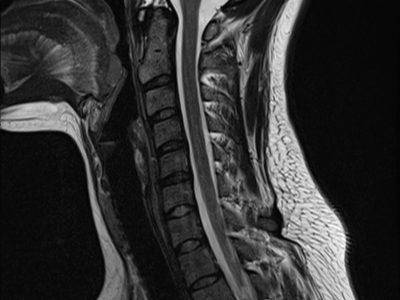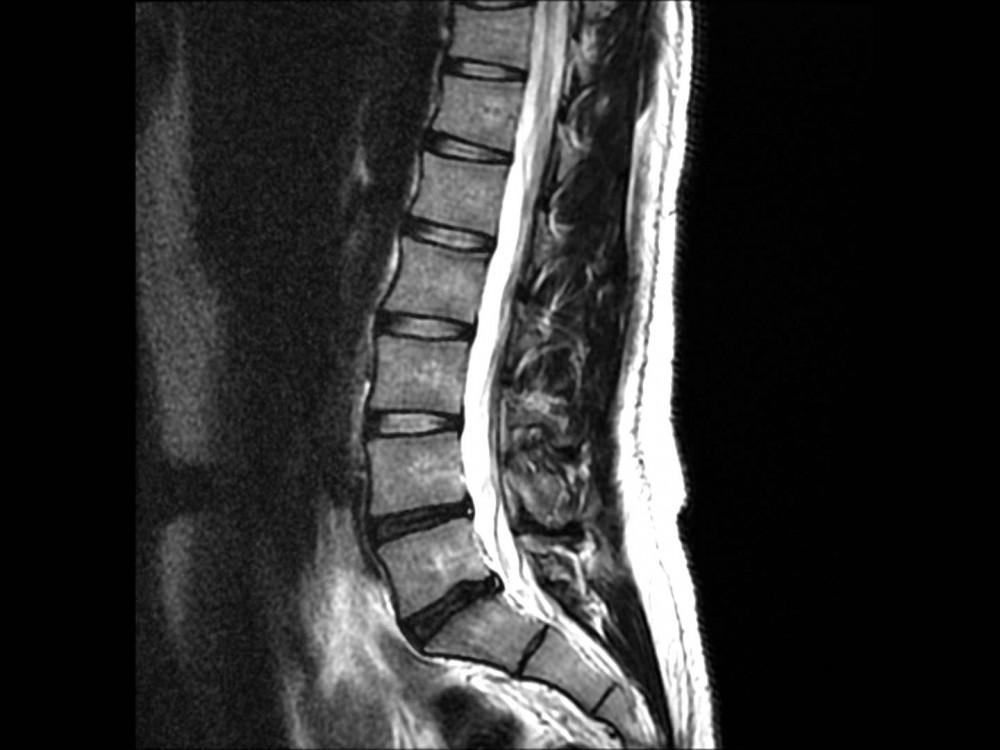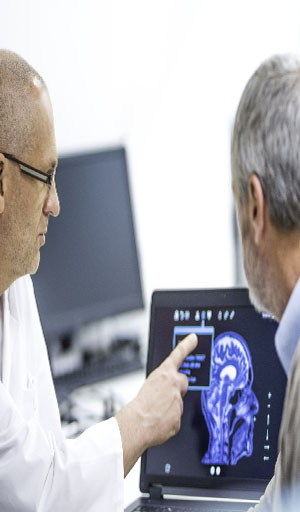Spine MRI
When it comes to providing medical imaging and working with patients we have made commitments to providing an exceptionally comprehensive experience while getting exceptional images.
Spine MRI
MRI of the spine is used to for planning various procedures such as decompression of a pinched nerve, steroid injections, spinal fusion, treating a herniated disk, or planning surgery. The steroid injections relieve pain and are usually done using x-ray guidance. Spine MRI detects other possible causes of back pain such as compression fracture, and bone swelling. It is also used to monitor changes in the spine after an operation, such as scarring or infection.
Common reasons for a patient to need a spine MRI is that they are feeling back pain as a result of a herniated disks, bulging disks, or some sort of injury such as a car accident. Another reason is patient has radiculopathy which is numbness or tingling that they’re feeling.

Spine MRI Areas That We Look At:
- Spine anatomy and alignment.
- Birth defects in the vertebrae or spinal cord.
- Trauma injury to the bone, disc, ligament or spinal cord.
- Compression or inflammation of spinal cord and nerves.
- Disc and joint disease. Both are frequent causes of severe lower back pain and sciatica (back pain radiating into lower leg).
- Infection of the vertebrae, discs, spinal cord or its coverings (meninges).
- Tumors in the vertebrae, spinal cord, nerves or surrounding soft tissues.

Spine MRI Areas That We Look At:
The spinal cord is a major part of the central nervous system because it contains all the nerves that go to the rest of the body. Often times numbness to an arm or leg can be the result of a pinched nerve in the spine. The spinal cord not only carries sensory and movement signals to and from the brain but controls many reflexes.
The spinal column, also called the vertebral or spinal canal, is made up of 33 vertebrae that are separated by spongy disks and classified into distinct areas.
- The cervical section consists of 7 vertebrae in the neck.
- The thoracic section consists of 12 vertebrae in the chest area.
- The lumbar section consists of 5 vertebrae in the lower back area.
- The sacrum is made up of 5 small fused vertebrae.
- Lastly the 4 coccygeal vertebrae fuse to form the coccyx or tailbone.
How We Work?
Our technologists will provide the best experience possible by ensuring you are comfortable and prepared for your examination. They will be with you every step of the way while getting the diagnostic images you and your doctor need.
Book an Appointment
Prescreening
Getting Ready
During The MRI Scan
Feel Free To Contact Our Friendly Reception Staff With Any Medical Enquiry.

Affordable MRI Service
(763)244-8020



Frequently
Asked Questions
Our MRI machine has an open design to make patients as comfortable as possible. Our technologists are experienced and caring and will talk you through the exam and make sure you are as comfortable as possible. We can also provide headphones and you always have the option to hit a a call button if you need anything.
MRI’s can take between 15 to 25 minutes depending on the area being scanned and based on the number of images being taken. When you schedule with us we can inform you of how long your scan will take.
An IV is only needed if the MRI is ordered with an IV contrast which is needed if the radiologist recommends it or if there is a clinical indication for it. Otherwise the only other time is if a patient is getting an IV sedation because of anxiety with an MRI Scan.
Before your MRI appointment, you can follow your daily routine and meal plan as normal and take prescribed medication. Make sure all metal is removed from the body. This includes piercing, jewelry, etc. The MRI technologist will show you to a private changing room that contains a secure locker so you personal belongings are kept safe. You will be given a pair of shorts and a tee shirt so that you will be covered and comfortable.
In most cases patients with metal implants such as hip or knee replacements can get an MRI. However, if a patient has metal clips or a pacemaker then they can’t receive an MRI. Our team will be sure to evaluate you before your MRI and you can always give us a call if you have questions.
Book An Appointment
Please feel welcome to contact our friendly reception staff with any general or medical enquiry. Our doctors will receive or return any urgent calls.